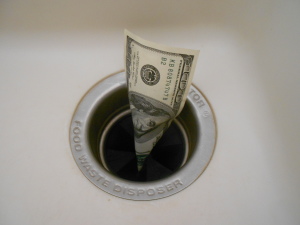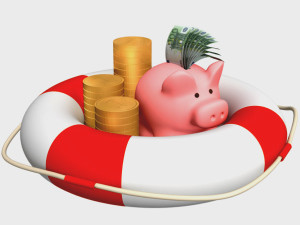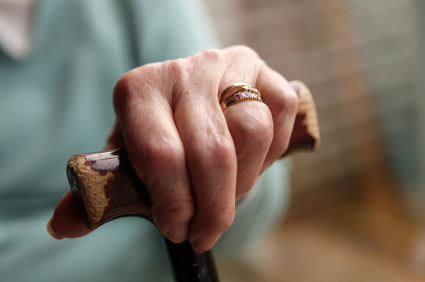When I wrote about employer-provided emergency savings accounts four years ago, the idea was still pretty novel. Some companies were experimenting with ways to help their workers save for short-term needs, but the concept wasn’t even on the radar for many employers.
What a difference the pandemic made. Millions were thrown out of work with little warning, and few had the financial reserves to survive even a few months of unemployment. Big employers, and lawmakers, took notice, says Claire Chamberlain, global head of social impact for investment manager BlackRock. The result: Hundreds of thousands of workers now have options to build emergency savings through their employers, and Congress passed laws to encourage more companies to add short-term savings options.
In my latest for ABC News, learn how your boss could help you save for emergencies someday.
 Today’s top story: How Free Money bank promotions can boost your savings. Also in the news: Apple’s new credit card is generous if you use Apple Pay, how to reclaim tax breaks you may have missed in recent years, and matching your kid’s IRA contributions to incentivize savings.
Today’s top story: How Free Money bank promotions can boost your savings. Also in the news: Apple’s new credit card is generous if you use Apple Pay, how to reclaim tax breaks you may have missed in recent years, and matching your kid’s IRA contributions to incentivize savings.  Today’s top story: Why a rainy day fund is as crucial as emergency savings. Also in the news: How to deal with a credit card issuer who has you seeing red, how to make money on Upwork, and 5 personal finance tips from billionaires.
Today’s top story: Why a rainy day fund is as crucial as emergency savings. Also in the news: How to deal with a credit card issuer who has you seeing red, how to make money on Upwork, and 5 personal finance tips from billionaires.  Today’s top story: How two extra years in college could cost you close to $300,000. Also in the news: How a financial advisor can help with life insurance, tips for paying off student loans if you didn’t finish college, and why 66 million Americans don’t have an emergency fund.
Today’s top story: How two extra years in college could cost you close to $300,000. Also in the news: How a financial advisor can help with life insurance, tips for paying off student loans if you didn’t finish college, and why 66 million Americans don’t have an emergency fund.
